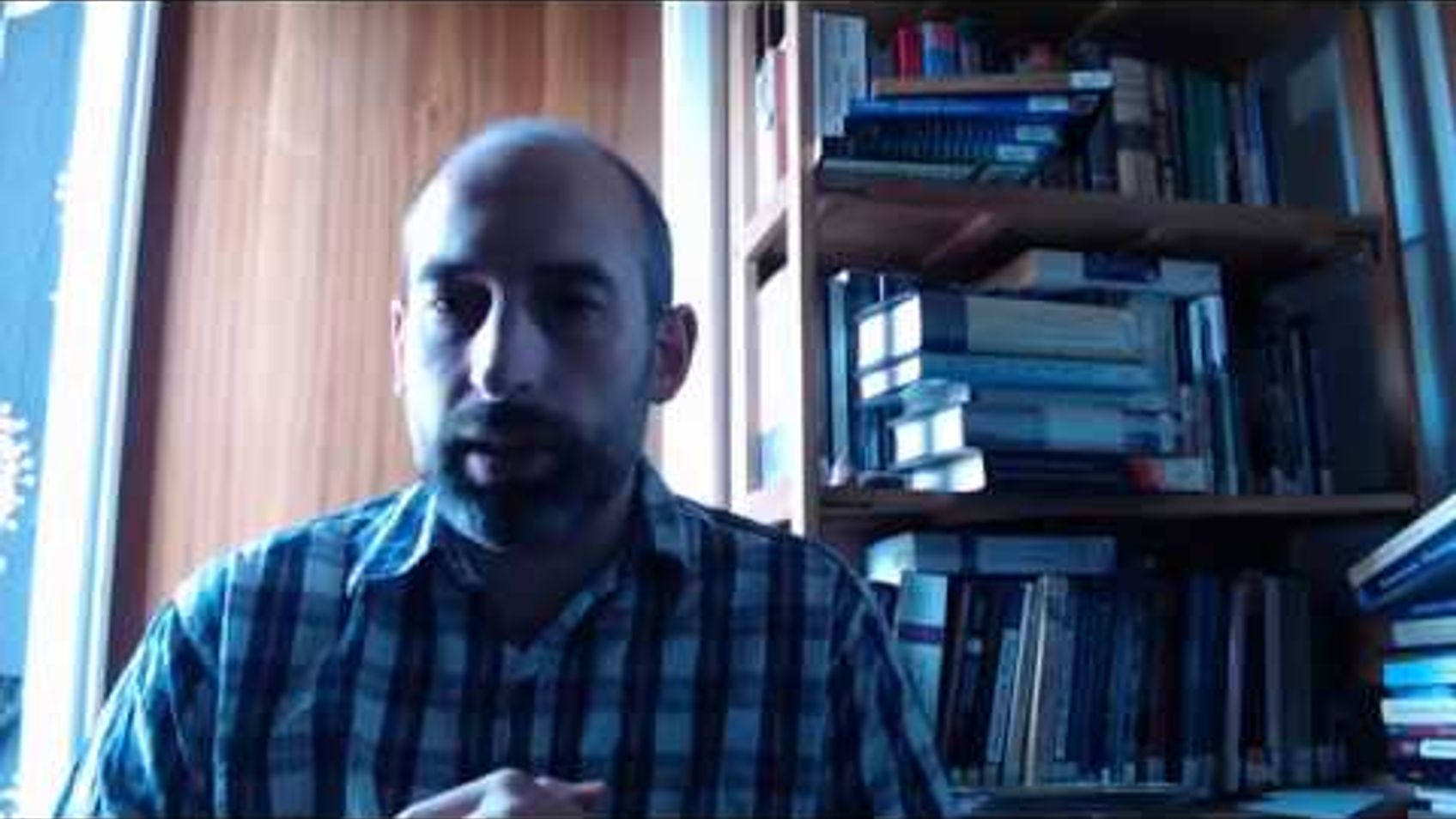Q&A#36 Was Israel Wrong to Ask for a King?

Today's question: "Was it a sin for Israel to ask for a king? 1 Sam 8 makes it seem so. But then Deut 17 seemingly gives permission for Israel to ask for a king. How should we think about Israel's monarchy? Should it have happened, or is it an example of an evil that God used for good?"
The post on Solomon that I mention in the video can be found here: https://theopolisinstitute.com/article/exodus-in-1-kings/.
If you have any questions, you can leave them on my Curious Cat account: https://curiouscat.me/zugzwanged.
If you have enjoyed these videos, please tell your friends and consider supporting me on Patreon: https://www.patreon.com/zugzwanged.
My new Soundcloud account is here: https://soundcloud.com/alastairadversaria. You can also listen to the audio of these episodes on iTunes: https://itunes.apple.com/gb/podcast/alastairs-adversaria/id1416351035?mt=2.
More From Alastair Roberts






More on OpenTheo















